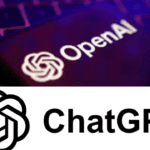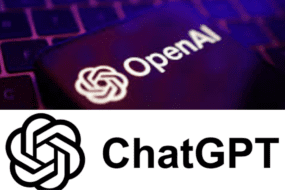Google has officially launched Project Mariner to a wider audience, marking a significant step in its AI journey. Announced at Google I/O 2025, the web-browsing AI agent is now available to subscribers of the $249.99-per-month AI Ultra plan in the US, with expansion to other regions on the horizon. Alongside this, Google confirmed Project Mariner is now integrated with its Gemini API and Vertex AI, enabling developers to build apps powered by the agent’s capabilities.
Originally introduced in late 2024, Project Mariner signals Google’s vision for the future of internet use — one where users increasingly rely on AI agents to handle tasks instead of navigating websites themselves. From booking concert tickets to ordering groceries, Mariner can visit sites, take actions, and complete tasks through simple user prompts. It’s all done behind the scenes, shifting human interaction with the web into the background.
According to Google, Project Mariner’s latest version runs on cloud-based virtual machines. This means users no longer need to keep their browsers open or pause their own work. They can delegate up to 10 tasks at once and carry on with other activities — a major improvement over earlier versions, which limited multitasking. “We’ve improved task management and background performance based on early user feedback,” a Google spokesperson told the media.
Google’s AI Agent Enters the Competitive Ring
Project Mariner enters a growing space of experimental web-browsing AI tools. Competitors like OpenAI’s Operator, Amazon’s Nova Act, and Anthropic’s Computer Use are all attempting to crack the same challenge — creating reliable, efficient AI agents that navigate the web on behalf of users. While initial versions of these tools have been buggy or slow, Google appears determined to lead by refining its offering based on real-world testing.
Project Mariner’s future also includes appearances in AI Mode, Google Search’s AI-powered experience, which will debut in Search Labs before a wider rollout. Google is already collaborating with platforms like Ticketmaster, StubHub, Resy, and Vagaro to bring these agent-driven flows to life.
Additionally, Google teased Agent Mode, a separate interface that combines research features, web browsing, and other app integrations. Like Mariner, Agent Mode is heading first to AI Ultra desktop subscribers, suggesting Google is targeting early adopters with high-performance expectations.
For years, Google has hinted at “agentic” experiences — AI tools that can act, reason, and navigate the web for users. Now, with Mariner and its counterparts, the tech giant is finally delivering. These tools could reshape how users engage with the web and how businesses serve customers online. If successful, Mariner may set a new benchmark for AI-powered browsing.
Related News
- OpenAI’s Advertising Ambitions: ChatGPT Set to Enter the Ads Game
- Nigeria Ranked 72nd for AI Readiness … But What Does That Actually Mean for You?
- AI Readiness: See Where Nigeria Ranks According to Oxford
- Nigeria Opens First National AI Centre at the University of Jos
- OpenAI Introduces ChatGPT Health for Wellness Support
- Aptech Unveils Cross-Border AI Degree for Nigerian Tech Students













No Comments